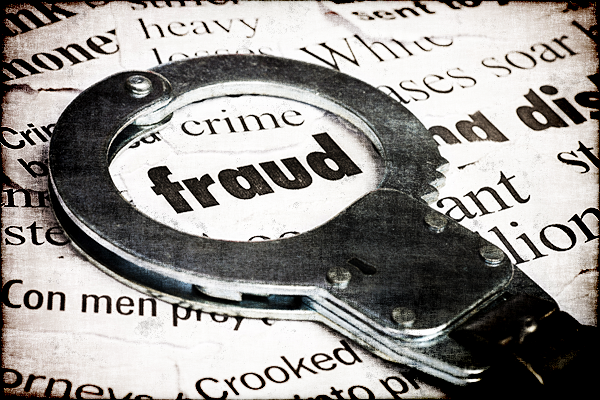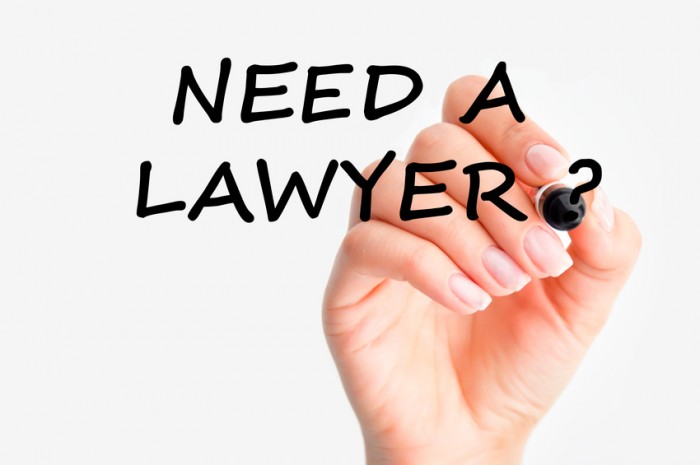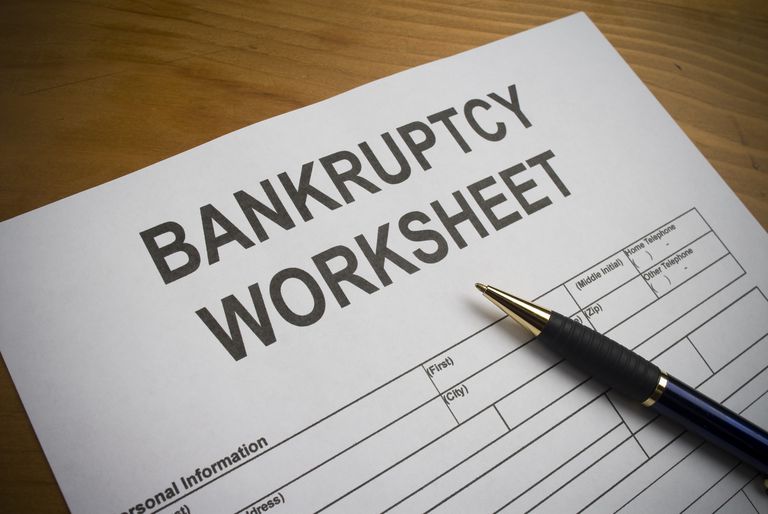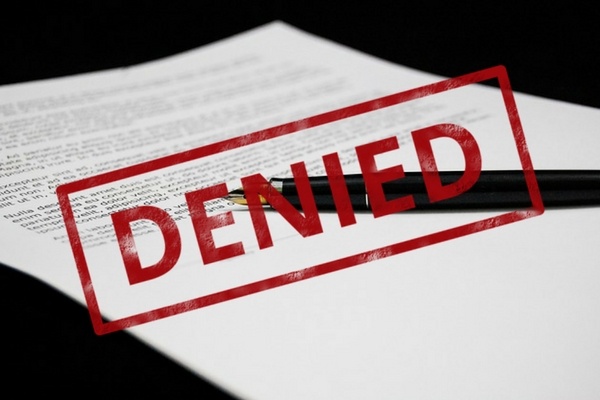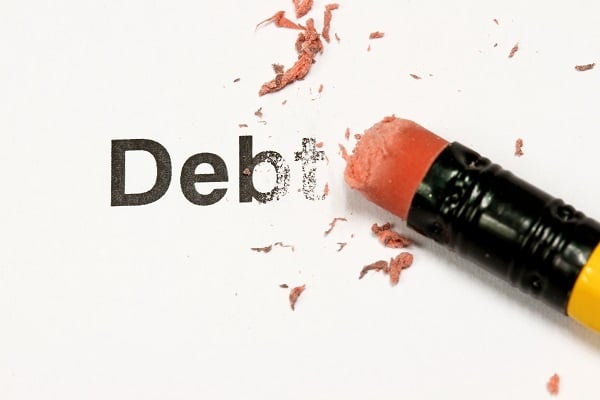It has to be one of the most anxiety producing events in our client’s lives. You come home and open up the mail only to find a wage garnishment which has been mailed to your employer. What are you to do? Where are you to turn to? This is definitely one of the scarier events that can happen to anyone of our guests.

Can I Stop A Wage Garnishment in St Paul, MN?
It has to be one of the most anxiety producing events in our client’s lives. You come home and open...







